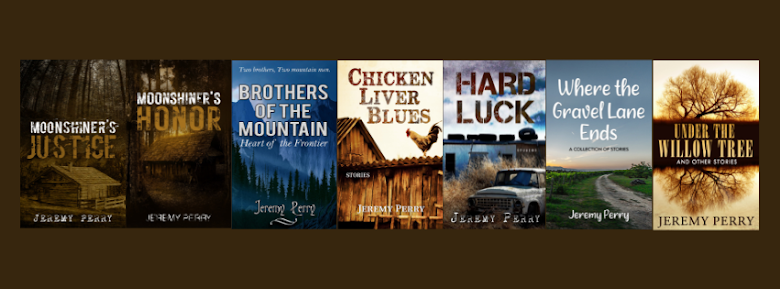#1 Honing Your Craft
Many aspiring authors have the dream of one day writing their first novel. Stashed away, sitting in the farthest corners of their minds is a swirling mélange of steamy plots, complex characters, and heart-stopping climaxes. For some, however, this is as far as it gets. Exporting that make-believe world to a computer screen with hopes of churning out an 80,000-word novel can seem daunting. Let’s face it, the entire process can appear frightening to anyone. If writing a full-length novel sounds a little intimidating, or if it’s your first attempt at writing fiction, then have a go at writing a short story. It can be a viable way to hone your writing technique, especially before committing to those longer projects. You can experiment with character development, setting, and dialogue, which are all key elements that fit into novel writing.
#2 Generating Confidence
Like any do-it-yourself project, when the time comes to hammer the final nail and brush-on the last coat of paint, the feeling can be very gratifying. That goes for writing fiction as well. Perhaps you’ve completed a 3,000-word mystery short story that has taken you all of two days to research and type. You have incorporated multifaceted characters, produced a magnificent story line, and written believable and engaging dialogue. When it all comes together, it makes for a stimulating read. The story is your “baby” – something that no one can ever take from you. The best part about this pint-size tale is it took very little time to write, resulting in a quick turnaround and a powerful boost in your writing confidence. For you, as a writer, there should be no better feeling than finishing a story and calling it your own.
#3 Getting Exposure/ Building a Resume
Besides writing decent prose, creating sufficient exposure for your work is also an essential component if you’re seeking a career as a fiction writer. If you’re a hobbyist, this may not apply to you. But if you’re pursuing longevity, getting your name “out there” is crucial. Submitting your short story to online ezines or even traditional magazines are great ways to introduce the literary world to your work. It’s usually free and some publications might actually pay you a few dollars and provide you with a small bio section. In the meantime, you are building a respectable portfolio and resume, which is the foundation to a long and respectable career as a fiction writer. Just remember, every published short story constitutes as a credit to your writer’s resume.
#4 Enhances Creativity
For fiction writers, generating ideas for the next project is a never-ending process. Whether you are searching for a unique concept or trying to build upon an existing one, a writer’s mind never stops creating. Writing short stories is another diligent way to get your imagination engaged. Whether you write short stories spontaneously, or pull your ideas from an outline, both methods can spawn many imaginative story lines. The possibilities are endless, and it’s a great way to add to your expanding inventory of creative choices.
#5 Passive Income (eBooks)
With the eBook market rapidly escalating, many writers are taking full advantage of the potential that one can make with a passive income by offering their work in the short story form. Once your story goes “live,” it will set on the virtual shelf forever. There is no denying that some genres are more lucrative than others. But if your story can generate a few dollars every month, that is better than producing no money at all. And to me, that sounds more suitable than keeping it buried on your hard drive, forever.
The short story medium will not appeal to everyone, but it can be a fun and exciting way to break-up the monotony of your everyday writing routine. For me, I welcome the challenge of trying to write a standalone tale in a mere few thousand words. It forces me to use the most effective words and phrases, positioning them within the story in the most precise, stripped-down manner possible, which hopefully allows the story to illuminate with life. Lately, I’ve been reading (more like studying) Anton Chekhov. His style is absolutely brilliant. His key wording and phraseology bring his characters to life in a matter of a few sentences. Reading works by writers like him will not only entertain you, but also introduce you to the mechanics that comprise a well-rounded short story.
Although lacking in popularity, the short story is here to stay. I predict, for many years to come, writers will continue to churn out these little nuggets of literary bliss and reap the everlasting benefits.

No comments:
Post a Comment